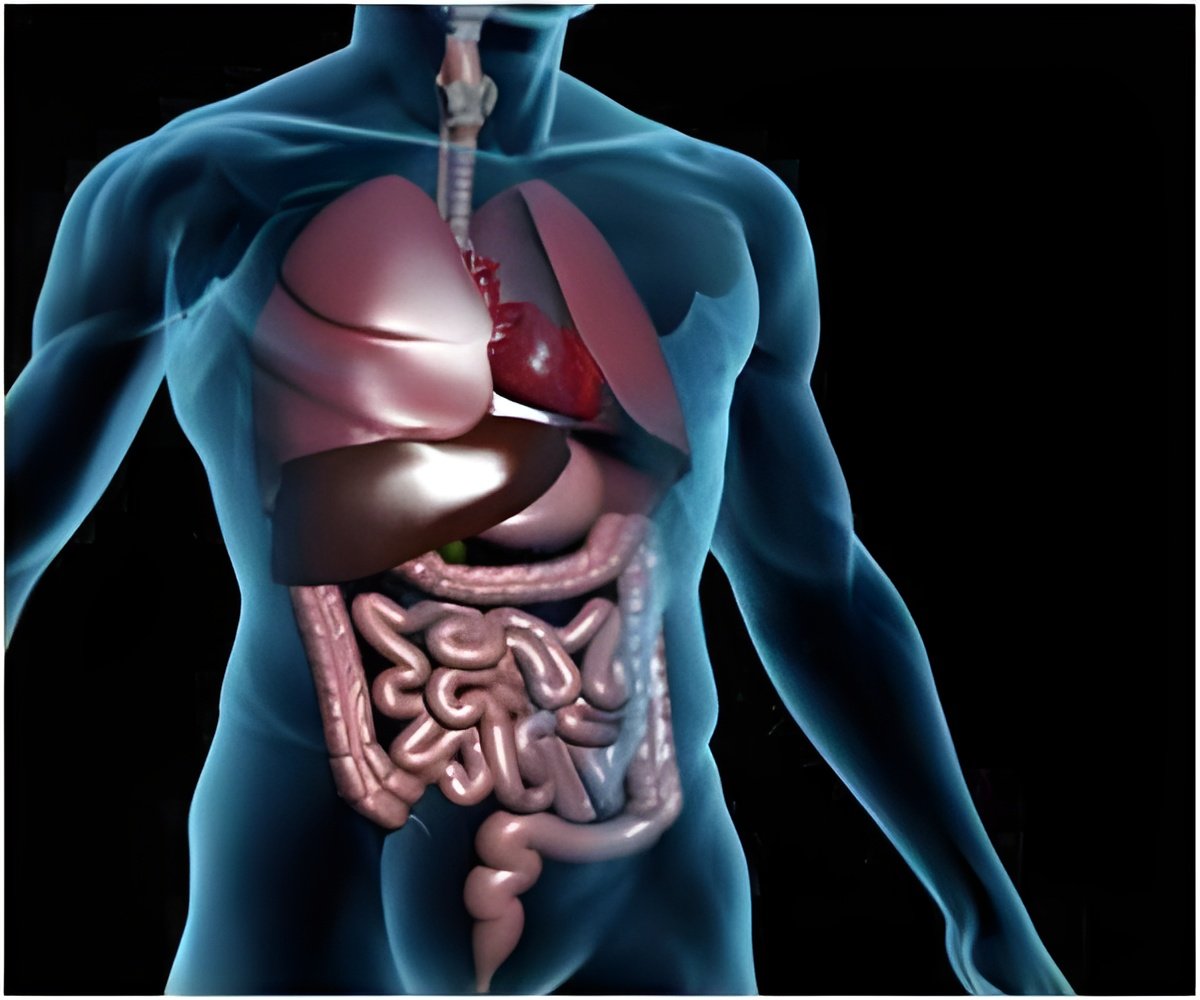A significant portion of coronavirus patients have diarrhea, nausea, vomiting and/or abdominal discomfort before respiratory symptoms, reported new study findings.

‘A significant portion of coronavirus patients have diarrhea, nausea, vomiting and/or abdominal discomfort before respiratory symptoms.’





In two new papers published online in Gastroenterology, investigators from China describe the impact of coronavirus on the digestive tract. Key findings: Researchers recommend monitoring patients with initial GI distress, which will allow for earlier detection, diagnosis, isolation and intervention.
Viral RNA is detectable in stool of patients with suspected coronavirus; it is now clear that the virus sheds into the stool.
Viral gastrointestinal infection and potential fecal-oral transmission can last even after viral clearance in respiratory tract.
Prevention of fecal-oral transmission should be taken into consideration to control the spread the virus.
Advertisement















